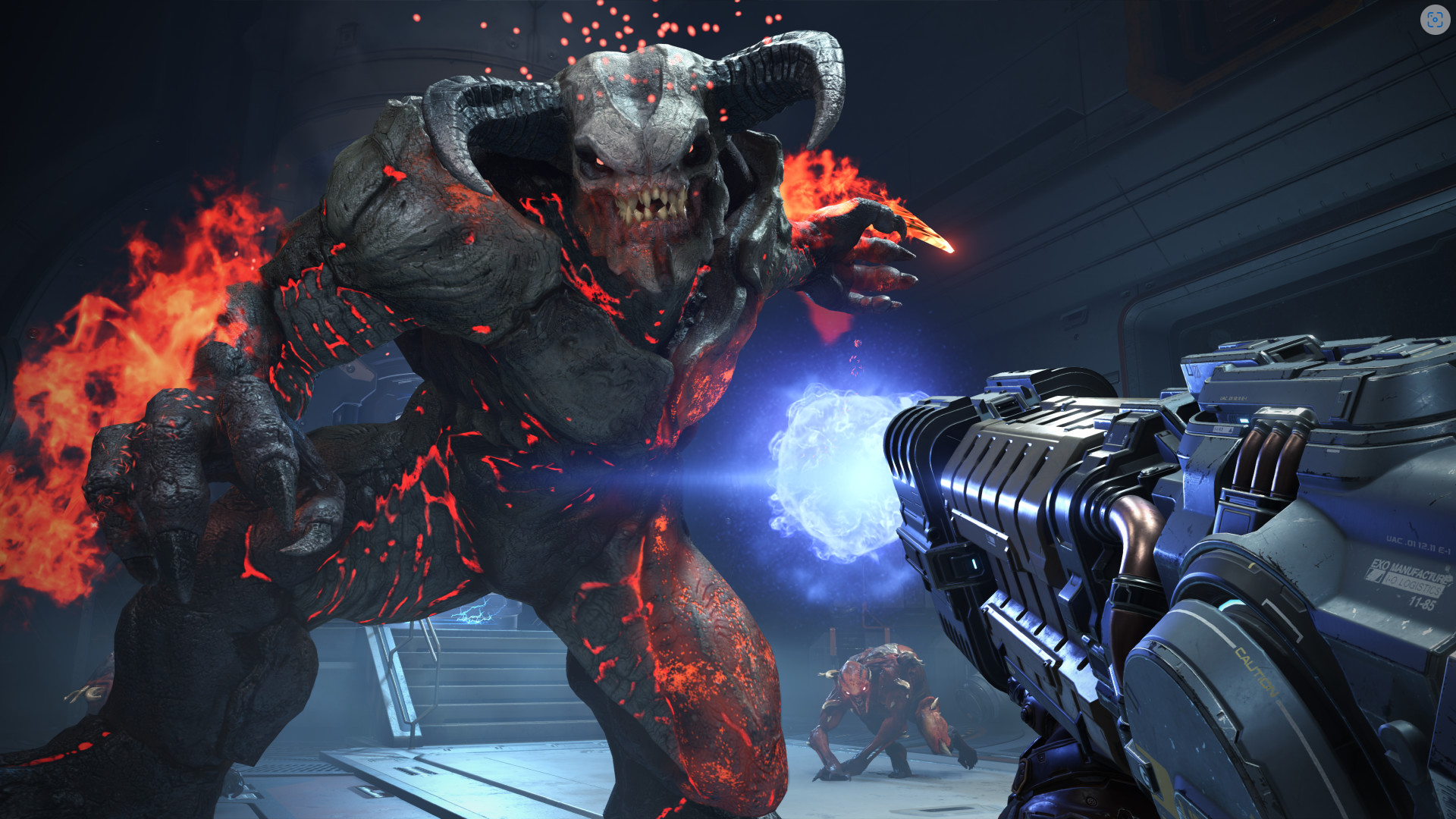Tech News
Why Gamers Should Care About Single-Core Performance
Key Takeaways
These days, both gaming consoles and gaming PCs have CPUs with dozens of cores, but you'll still hear about how "single core performance" plays a role in how a game runs. If you've been wondering what that is or why it matters, I'll break it down to the basics for you.
Modern CPUs have multiple "cores." A core is essentially a complete, discrete processor. So a modern CPU actually has multiple CPUs inside it. When we talk about single-core performance, we mean the best possible performance you can get from one core in that CPU running at its maximum potential.
Software generates "threads" which are each processed by a separate core. Some processors can even work on multiple threads at once, using technologies like hyperthreading.
For example, if you're rendering a video project in something like Adobe Premiere, then the rendering workload can be split into multiple threads. If you have a CPU that can process 12 threads, then it will get that many. If you have a CPU that can process 100 threads, it will get that many. This ensures that the CPU is fully used and you get as much performance as possible.
However, if all the CPU cores are engaged, their individual performance isn't as fast as they could be alone. This is because running all cores under load increases heat and power usage. This means that the cores run at lower clock speeds to compensate. You still get much more performance than just running it all on a single core at a higher clock speed though, so the tradeoff off is more than worth it.
Most Games Don’t Use Many Cores
The thing is, not all software can be so neatly chopped up into multiple threads. With jobs like offline graphics rendering or video conversion, it's straightforward to divvy up the work for each CPU core. However, games don't have this sort of workload. A game might have one thread for physics, another for AI, one for running a specific simulation in the open world, another to help the GPU with ray-tracing, and so on.
Games have been notoriously hard to "thread" in such a way that they can make use of lots of cores. This is why gaming PCs have been behind the core race for quite some time. If you only want to play video games, you don't really need lots of cores. These days, the sweet spot seems to be six to eight of them, which makes sense since the major consoles all have eight-core CPUs and that's what developers are coding for.
The Main Thread Is the Denominator
So what's the issue with single core performance? With most games, there's one central thread that's essentially the backbone of the game. It runs the main logic and processes of the game, and is responsible for handing out work to other subordinate threads. In other words, there is one thread that the other threads of the game have to wait for before they can do their job.
So the fastest performance in the game can't exceed how fast this main thread can run. When we say that a game is "CPU limited" or there's a "CPU bottleneck" it's generally because this main software thread is being limited by the highest performance possible on a single thread of a given CPU.
Some CPUs Are Built for Threads
This is why you can't just buy the most expensive CPU your budget allows and call it a day when it comes to gaming. CPUs with high core counts often have worse per-core performance compared to cheaper CPUs in their own product line. They are designed for software that can split its work evenly among all the cores, in which case they will outperform everything else, but the tradeoff is that single cores can't reach the same performance heights.
Now, this isn't always the case. If two CPUs have the same single core boost-clock specifications despite having different core counts, then the single-core performance should be similar. However, it does mean that a PC intended mainly for gaming has no use for a 24-core CPU, when a high-performance, high-clock eight or twelve core CPU will do.
Things Are Changing for Games
While single-core performance is still a major consideration for video game performance and builds, that's changing. Video game engines are getting better at making use of more cores, and developers are figuring out smart ways to spread the workload of a game across available CPU cores. For example, Bethesda's Doom Eternal, evidently doesn't have a single central worker thread that can hold everything back. Having lots of CPU cache is also becoming another important factor for gaming CPUs, as demonstrated by AMD's highly-successful 3D V-cache gaming CPUs.
While, as of this writing, I wouldn't recommend buying a CPU with more than eight cores if your main purpose for that system is gaming, but going ahead, we're bound to see games that can take advantage of more cores and work to split the main thread into more threads that won't hammer a single core to the limit.
When you subscribe to the blog, we will send you an e-mail when there are new updates on the site so you wouldn't miss them.


 Bethesda
/
Xbox
Game
Studios
Bethesda
/
Xbox
Game
Studios AMD
AMD Bethesda
Softworks
Bethesda
Softworks
Comments